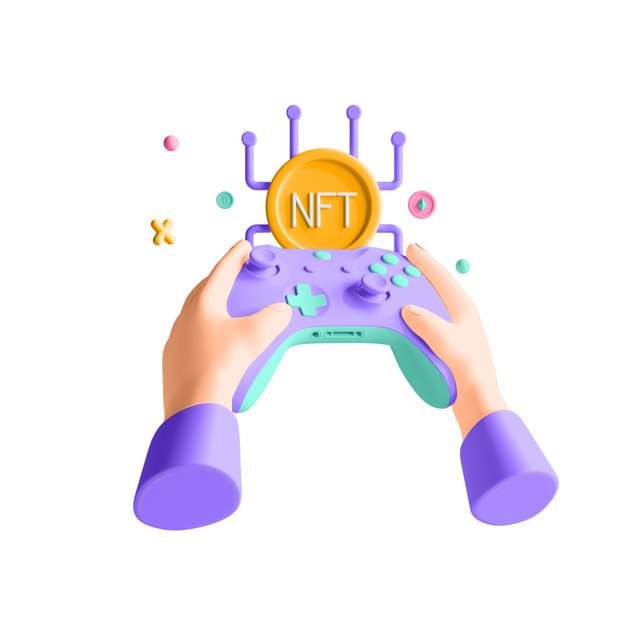
In recent years, blockchain technology has gained significant attention across various industries, and the gaming sector is no exception. Blockchain, the underlying technology behind cryptocurrencies like Bitcoin, has the potential to revolutionize the gaming industry by offering decentralized and secure solutions. In this article, we will explore the pros and cons of adopting blockchain technology in gaming, highlighting its impact on the future of the industry.
Enhanced Security and Ownership
One of the key advantages of integrating blockchain technology into gaming is the enhanced security it provides. Traditional gaming platforms often suffer from issues like data breaches, hacking, and fraud, which can compromise players' personal information and assets. By leveraging blockchain, gaming platforms can offer decentralized solutions that ensure transparency and immutability.
Blockchain-based gaming platforms enable players to have full ownership and control over their in-game assets. Through the use of smart contracts, players can verify and authenticate ownership, eliminating the risk of fraud or theft. This increased security fosters trust among players and allows for the creation of unique, valuable virtual assets.
Transparent and Fair Gameplay
Blockchain technology introduces transparency and fairness to the gaming ecosystem. The decentralized nature of blockchain ensures that game outcomes and transactions are recorded on a public ledger, visible to all participants. This transparency minimizes the potential for cheating, as every action and transaction can be verified by players.
Moreover, blockchain enables the implementation of provably fair systems, where the fairness of the game can be mathematically proven. This concept ensures that game algorithms are not biased and that outcomes are based purely on chance or skill, enhancing the gaming experience for all players.
Economies and Interoperability
Blockchain technology allows for the creation of in-game economies and seamless interoperability between different games. Virtual assets and currencies can be tokenized on the blockchain, giving them real-world value. This opens up opportunities for players to monetize their gaming skills and assets by buying, selling, and trading them on decentralized marketplaces.
Interoperability between games becomes possible through the use of blockchain standards and protocols. Players can transfer assets and progress between compatible games, creating a unified gaming experience. This not only benefits players but also encourages collaboration between game developers and fosters innovation within the industry.
Scalability and Cost Efficiency
Blockchain technology has the potential to address scalability and cost-related challenges in gaming. Traditional gaming platforms often struggle to handle a large number of concurrent players, leading to performance issues and scalability limitations. By utilizing blockchain's distributed architecture, gaming platforms can scale more efficiently, accommodating a larger player base without compromising performance.
Furthermore, blockchain-based transactions eliminate the need for intermediaries such as payment processors, reducing transaction fees and increasing cost efficiency. Micropayments can be seamlessly facilitated on the blockchain, enabling new monetization models and incentivizing developers to create innovative gaming experiences.
Conclusion
The integration of blockchain technology in gaming holds immense potential for transforming the industry, particularly in the context of an NFT Marketplace for Game Assets. This integration brings forth enhanced security, transparent gameplay, robust economies, and improved scalability, among numerous other benefits. Nevertheless, certain challenges, such as scalability and user experience, must be addressed to fully unlock the advantages of blockchain technology in the gaming realm. As the technology continues to evolve, it will be an exhilarating experience to witness the future of gaming unfold, as blockchain adoption reshapes the way we play, compete, and own within virtual worlds.